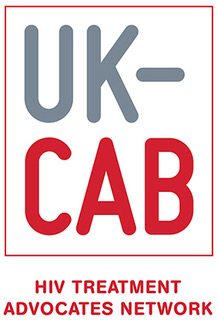3. HIV outpatient care and treatment
If you are in the UK, and diagnosed relatively soon after you acquired HIV, then the care that you are most likely to receive is described in Standard 3 (HIV outpatient care and treatment). This describes how your HIV care should be assessed and delivered. It focuses on physical health. Emotional wellbeing and mental health are discussed in Standard 6 (Psychological care). There are still some circumstances where more complex care is needed. These are described in Standard 4 (Complex HIV care).
3b. Outpatient care
The national guidelines for HIV care say you usually need to visit your clinic every 6 months once you’re taking antiretroviral treatment, or ARTART: Anti-Retroviral Treatment. For most people, this means taking three or more Anti-RetroVirals (ARVs), though it may be fewer in some cases. ARV: Anti-RetroViral .This is the name given to the drugs used in Anti-Retroviral Treatment (ART). For many people, a single tablet can contain all ARVs needed for your treatment. But others may need to take more than one tablet. (although when you are just starting ART, you will need to see your care team more often). This is called ‘outpatient care’. At clinic appointments, the care team will check to make sure your ART is working well. They will also check for any other issues that may be affected by HIV and ART, such as your liver or kidney function. If any problem develops, you might need to see other specialists.
GPs also have an important role to play in checking your general health. They will look for conditions such as high cholesterol, high blood pressure and diabetes. Your GP will look after other aspects of your general health and should know about your HIV treatment. You will need to tell your HIV doctor that it is OK for them to write to your GP, if that is what you want. They cannot do it without your explicit consent.
Other health and social healthcare workers will work together when there are complex healthcare needs. HIV care and wider health and social care need to be joined up smoothly.
Key messages
ART needs to be taken throughout your life – retention in care is very important. HIV clinics will keep in touch with you and see you regularly. To keep your ART working well, you’ll typically need to visit the clinic every 6 months.
Your care should be provided in a welcoming and safe environment that protects your privacy and confidentiality.
If you have complex care needs, you should have access to the full range of support services you need. Some of this may be provided by your GP.
